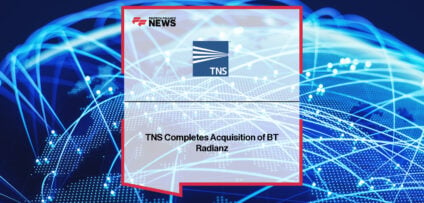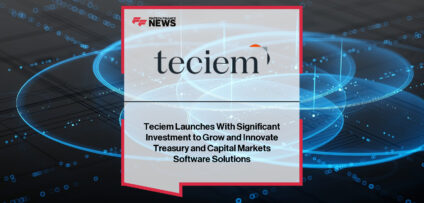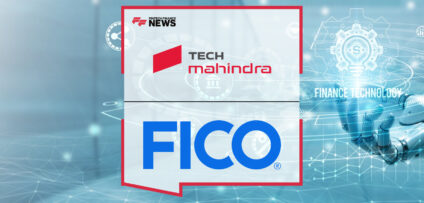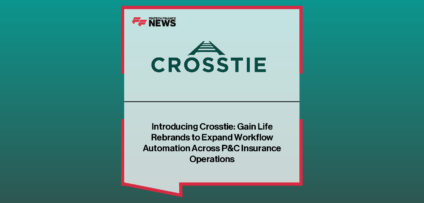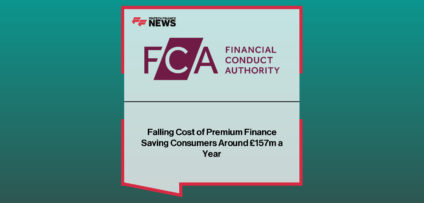Breaking News
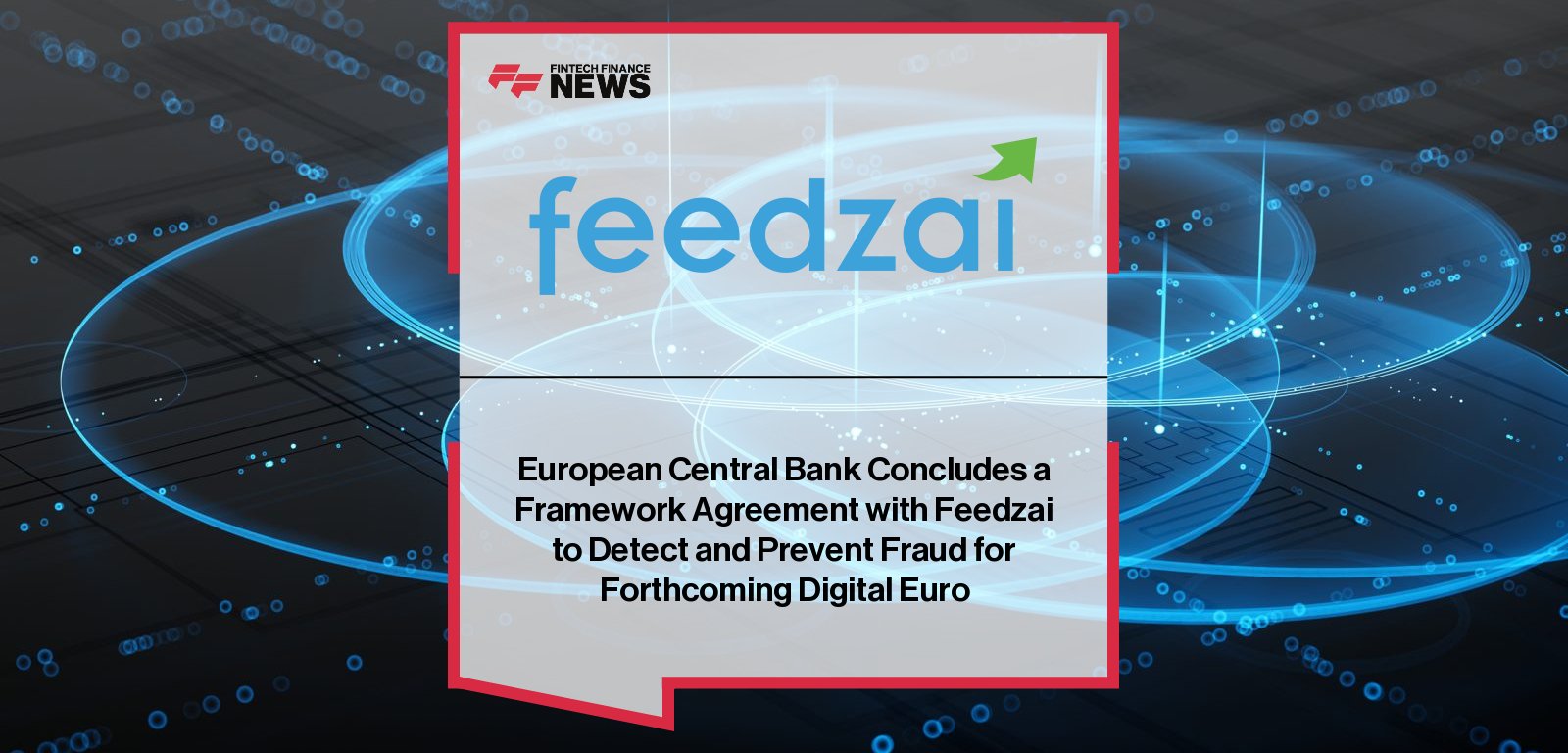
European Central Bank Concludes a Framework Agreement with Feedzai to Detect and Prevent Fraud for Forthcoming Digital Euro
The European Central Bank (ECB) has concluded a framework agreement in ranking with Feedzai, the world’s leading RiskOps platform for financial crime prevention, as the first-ranked tenderer, to provide the central fraud detection and prevention mechanism for the digital euro.
Representing 440 million citizens and more than $17 trillion in GDP, the eurozone is the world’s second-largest economy. The introduction of the digital euro would mark the most significant monetary innovation in Europe since the launch of the common currency in 1999.
The framework agreement for the risk and fraud management component has an estimated value of €79.1 million and a maximum value of €237.3 million. In partnership with its subcontractor PwC, Feedzai would deliver a state-of-the-art central fraud detection and prevention mechanism, ensuring full compliance with EU security, privacy, and data protection standards.
While the framework agreements set the terms for potential future work, the actual development of the components – or certain parts of them – will be decided at a later stage. Following the framework agreement conclusion, Feedzai and other successful tenderers will work with the ECB to finalize planning and timelines. Under the guidance of the ECB Governing Council and in line with EU legislation, this work will cover the design, integration, and development of the Digital Euro Service Platform (DESP).
The Digital Euro: A Public Good for the Digital Age
The ECB has repeatedly underlined that the digital euro is being designed as a public good: a central bank-backed form of money, as reliable as cash but adapted for the digital age. Its objectives include preserving the role of central bank money in an increasingly digital world, reducing reliance on non-EU payment providers, reinforcing Europe’s strategic autonomy, and supporting financial inclusion.
Privacy remains a central design principle: the ECB has stated that digital euro transactions will include strong safeguards, such as pseudonymisation and encryption, and will allow for offline, cash-like payments for small amounts.
Feedzai’s Role: Central Fraud Detection and Prevention
Feedzai has been selected as the first-ranked tenderer in the framework agreement to provide the central fraud detection and prevention solution for the future digital euro. Its role is to contribute to safeguarding transactions from fraud by enriching payment service providers’ (PSP) own risk management with insights derived from a central infrastructure-level view.
For every transaction, whether peer-to-peer (P2P) or peer-to-merchant (P2M), Feedzai’s platform will provide a fraud risk score that PSPs will use alongside their own controls when deciding whether to approve or decline a payment.
Nuno Sebastião, CEO and Co-Founder of Feedzai, said:
“Being selected as the first-ranked tenderer in the framework agreement to secure the digital euro is both an honor and a responsibility. With tens of billions of transactions expected across the eurozone, success depends on AI that can adapt as quickly as fraud evolves. Our role is to provide the intelligence that keeps even the most sophisticated fraud out, ensuring trust in every digital euro transaction from day one.”
Liviu Chirita, PwC’s Global Financial Crime Technology Leader and Dominic Schauerte, Germany Financial Crime Technology Leader, said:
“This is one of the most consequential digital infrastructure projects in Europe’s history — a foundation for trust in the digital age. Together with Feedzai and the European Central Bank, we are building the safeguards that will protect millions of people and businesses across borders. At PwC, we bring the scale, expertise, and regulatory insight needed to secure this transformation from day one. This is about more than preventing fraud — it’s about enabling Europe to lead with integrity, resilience, and technological sovereignty.”
Global Implications
The ECB underlines that the digital euro would contribute to Europe’s resilience, inclusion, and technological sovereignty. While primarily designed to meet the needs of euro area citizens and businesses, the initiative is being followed closely by other central banks as part of wider international discussions on the future of money.
People In This Post
Companies In This Post
- International Business Event InvestPro Dubai 2026 Read more
- InvestPro Istanbul 2026: A Meet Global Investment and Corporate Services Read more
- India’s Premier CIO Conference: Intelligence at the Core, Transformation at Scale Read more
- Checkout.com Announces Strategic Partnership With Spotify to Power Efficient, Scalable Payments Globally Read more
- Introducing Crosstie: Gain Life Rebrands to Expand Workflow Automation Across P&C Insurance Operations Read more






